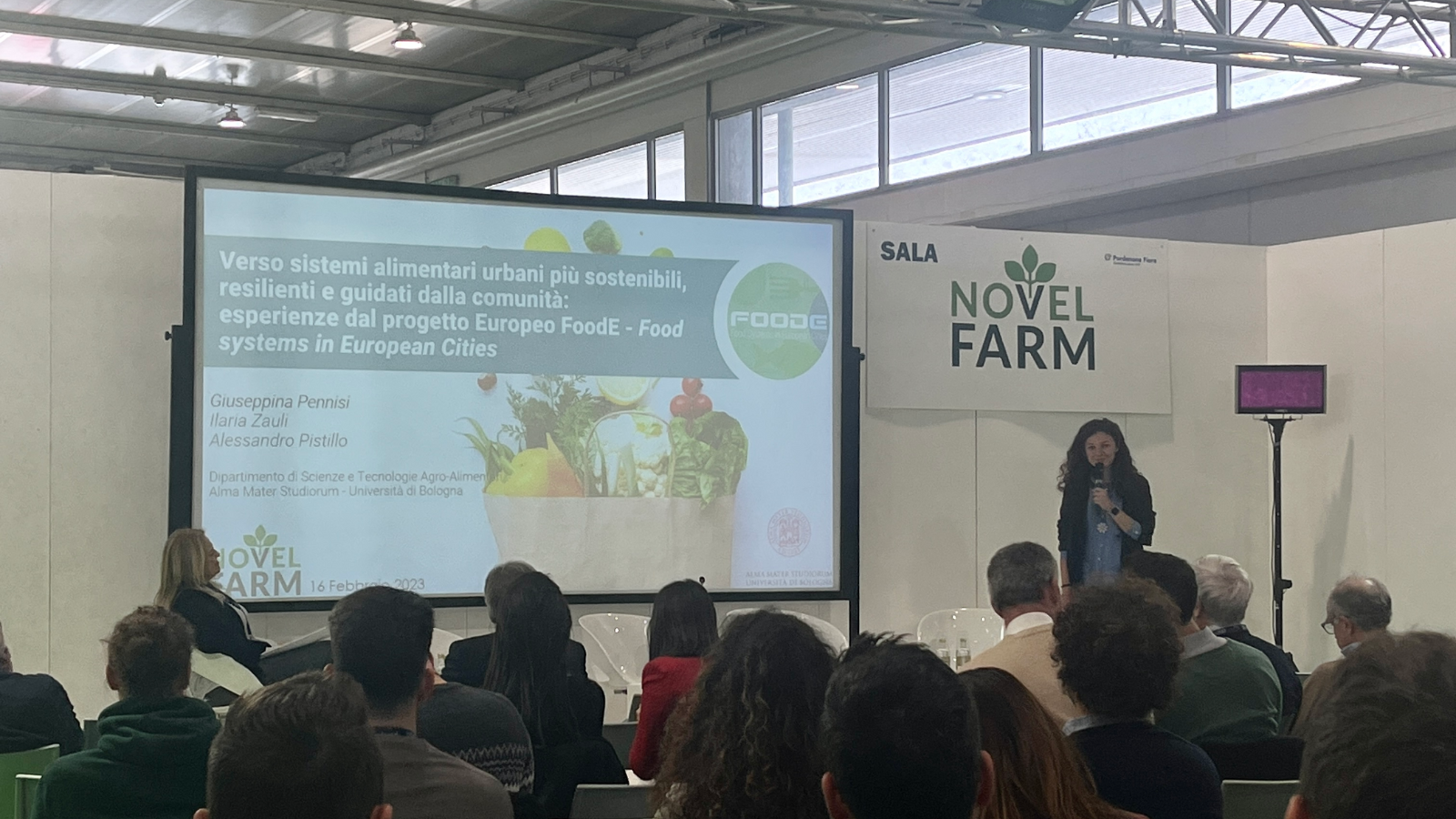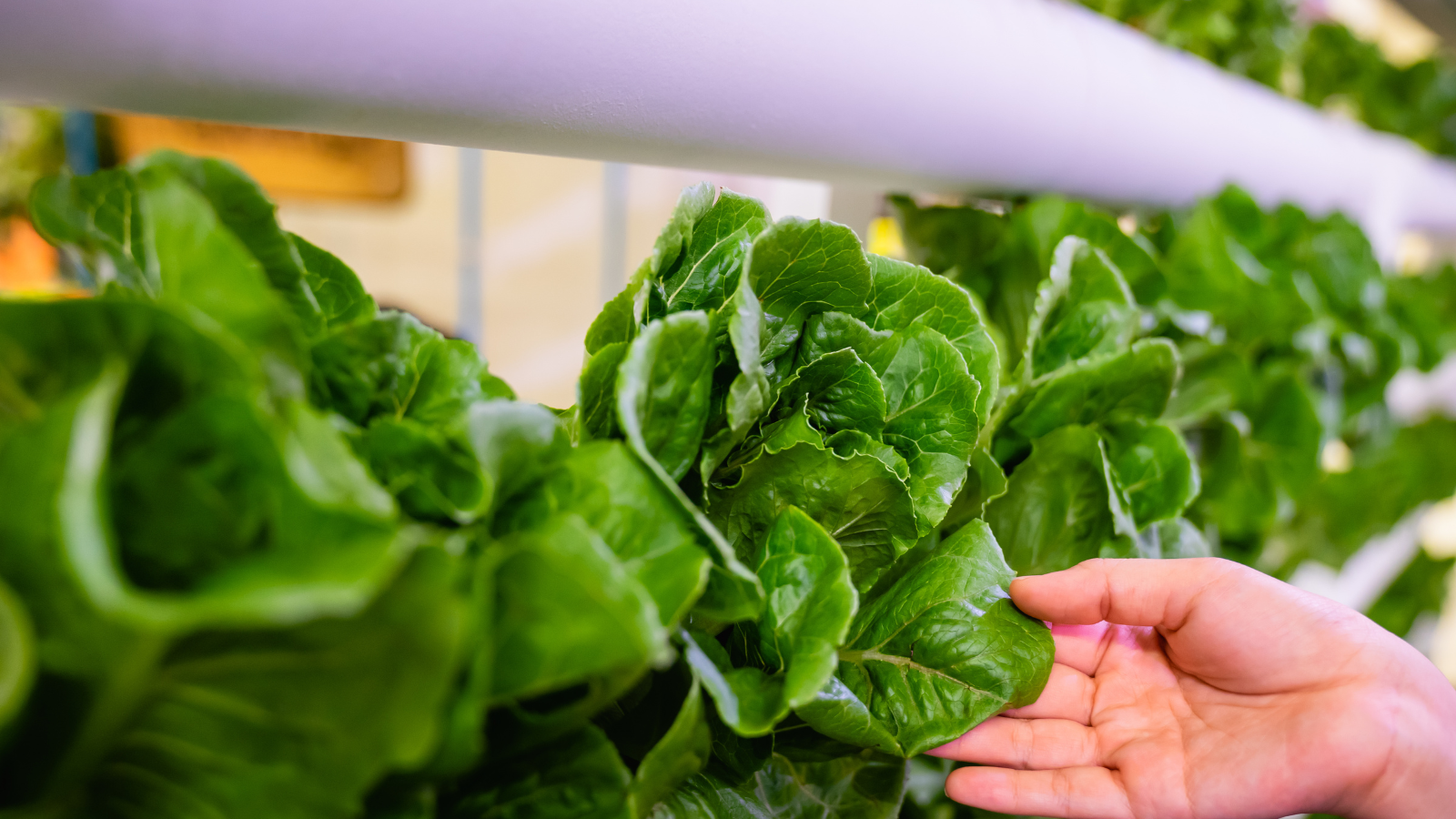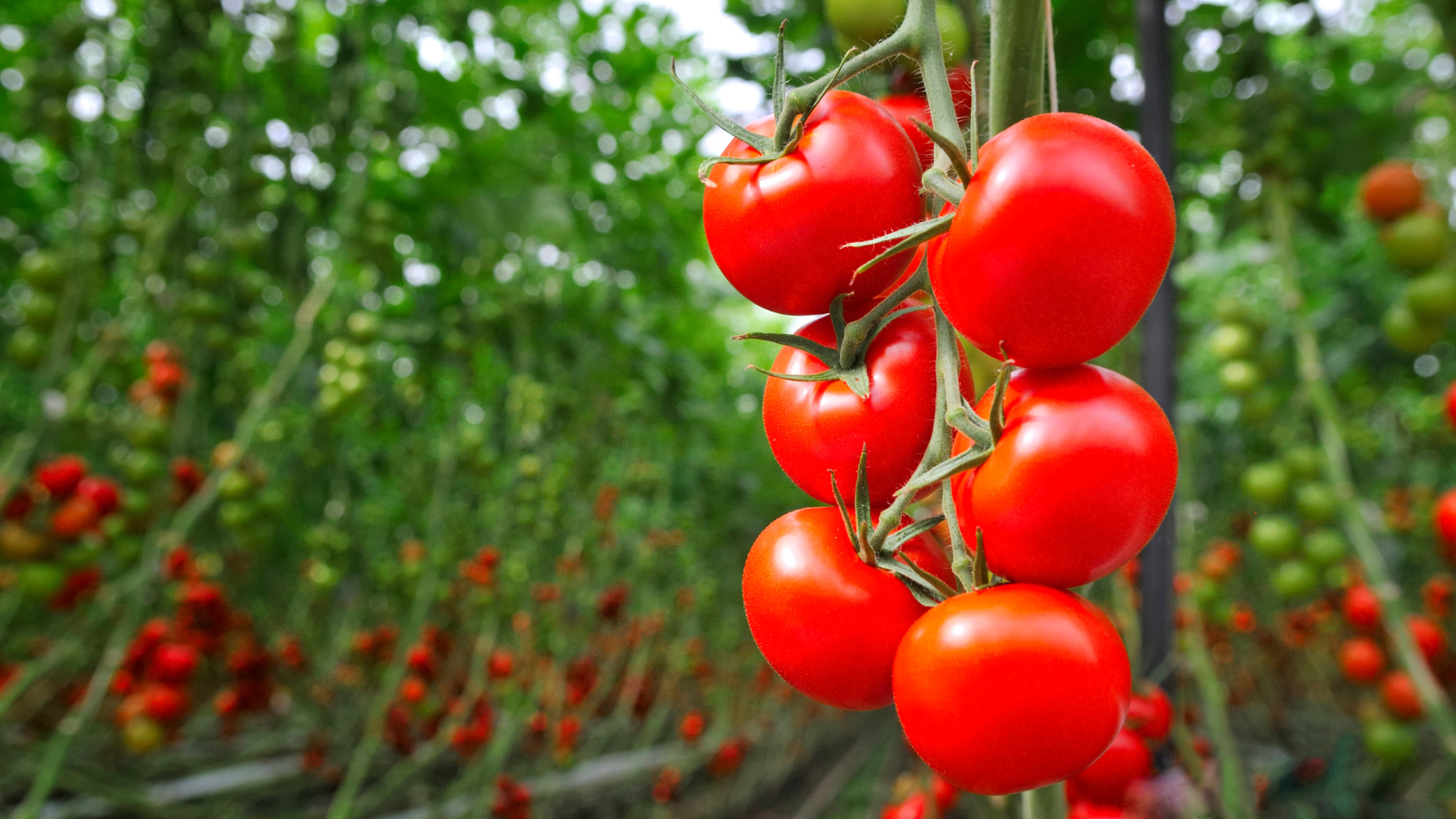Cooking food with freshly harvested vegetables from your garden may seem like a fiction for cities’ inhabitants. But this is not impossible. Over the last years, urban farming has gained in popularity and solutions have started to emerge. People with no or very small outdoor space become interested in growing their own food.
Urban farming is a relatively new way of farming that can limit the use of chemical inputs and shorten the distances between the farm and the fork. Cities can benefit from vertical and rooftop farming which open new frontiers for city-farmers. Overall, urban farming can contribute to solving health and economic problems. It can boost the local economy, create green jobs whilst increasing the access to affordable, healthy and fresh food. Urban farming also grants the opportunity to educate consumers about the environmental benefits of locally grown food. Let’s consider two options: community gardening and home gardening.
Just like food which tastes better when shared - gardening is more fun when done with others. In a community garden, you can meet up with other local farmers and collaborate with them on farming projects. This is a great way to get a first-hand experience in urban farming. Besides, the social benefits of community gardening are considerable. It leads to the inclusion of people from a variety of cultural and social backgrounds. Being part of a gardening community can contribute to a healthier lifestyle, more physical activity, and better food choices.
During a global pandemic, community gardening may not be an option. For this reason, over the past months, many consumers have started to grow their food at home. Regardless of the space available (small outdoor greenhouse, or balcony) you can still grow some of the seasonal vegetables and fruits at home. Before you start, it is important to understand, which crops are in season and which one is suitable for your small home-farm. Do not forget to consider your location and weather, when choosing crops. Just a small amount of vegetables and fruits grown locally can make a difference. People come to appreciate all the hard work that stands behind food production. Home gardeners also show interest in the origins of the food and make better, more sustainable food choices.
FoodE works to create more sustainable and resilient food systems by supporting local food initiatives. In this context, 15 pilot projects were launched in 12 European cities in 2020. The projects promote urban agriculture, social inclusion and food awareness. You can check out our pilot projects to learn whether you can join a local food project in your city!
Author: Nino Jikia - Hague Corporate Affairs





